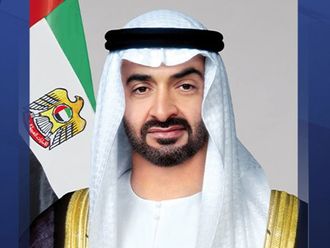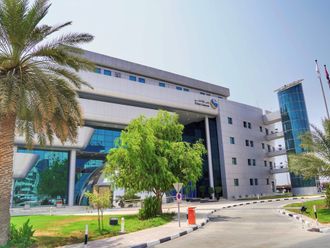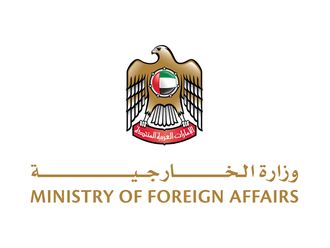Abu Dhabi: Four UAE wetlands in Abu Dhabi, Dubai, Sharjah and Fujairah, have been designated as sites of international importance by the Convention on Wetlands of International Importance (the Ramsar Convention), an intergovernmental treaty which provides the framework for national action and international cooperation for the conservation and wise use of wetlands and their resources.
In 2007, the Ras Al Khor Wildlife Sanctuary in Dubai became the first UAE wetland to be named by Ramsar as a site of international importance. Three years later, Wadi Wurayah National Park in Fujairah, was added by Ramsar to its list.
Al Wathba Wetland Reserve in Abu Dhabi and the Mangrove and Alhafeya Protected Area in Khor Kalba, Sharjah, were added to the list this year.
The Ramsar Convention is the only global environmental treaty that deals with a particular ecosystem. The treaty was adopted in the Iranian city of Ramsar in 1971 and the Convention’s member countries cover all geographic regions of the planet
The Convention on Wetlands came into force for the UAE on December 29, 2007. The UAE’s four sites designated as a Wetland of International Importance, have a surface area of 15,014 hectares.
The Ramsar Convention, according to its own website, embodies the commitments of its member countries to maintain the ecological character of their Wetlands of International Importance and to plan for the “wise use”, or sustainable use, of all of the wetlands in their territories.
Unlike the other global environmental conventions, Ramsar is not affiliated with the United Nations system of Multilateral Environmental Agreements, but it works very closely with the other MEAs and is a full partner among the “biodiversity-related cluster” of treaties and agreements.












